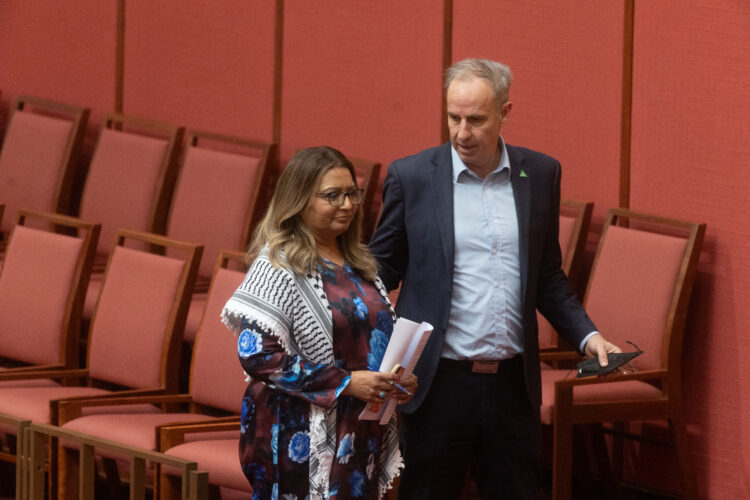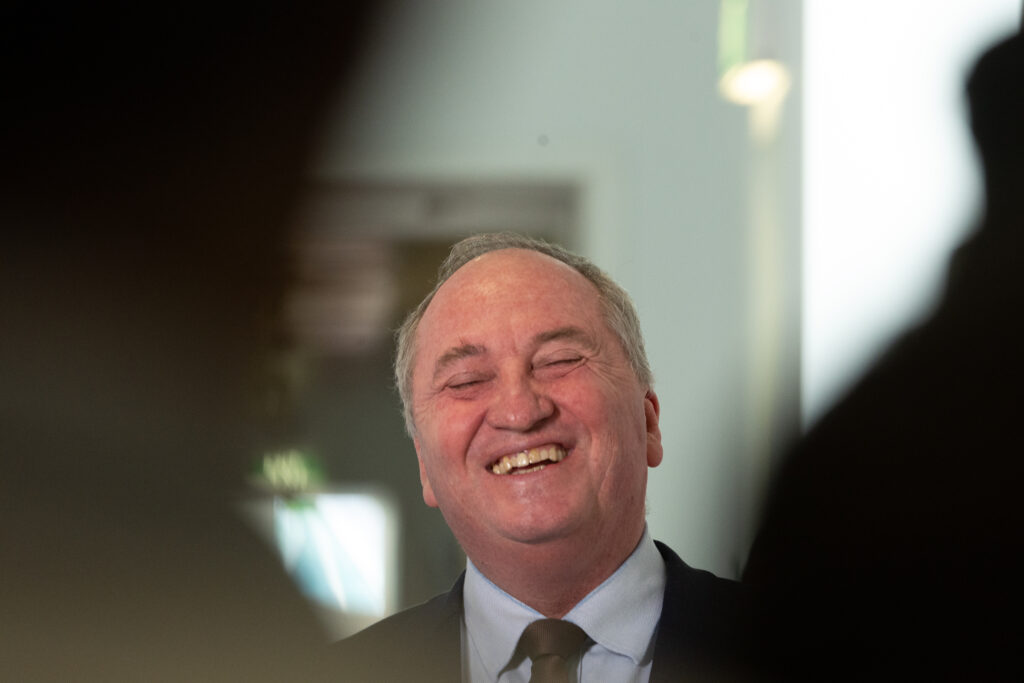Another climate warning (meanwhile the Nats are stuck in 2014)
Capital cities across Australia could face scorching temperatures exceeding 50C alongside a surge in extreme fire days unless the nation urgently slashes climate pollution and adopts a strong 2035 emissions target, the Climate Council warns.
The independent climate science organisation finds climate change is accelerating faster than previously predicted, and global efforts to combat it are falling dangerously short.
The Climate Council’s Stronger Target, Safer Future report published on Wednesday calls for Australia to cut climate pollution by 75 per cent below 2005 levels by 2030, and reach net zero by 2035.
Chief executive Amanda McKenzie told AAP the federal government needed to step up and tackle the crisis when delivering its 2035 targets in the coming months.
A weak climate target was not a passive choice, she said.
“We found the weaker the target, the more risk of damage and disaster. We wanted to emphasise that if you’re advocating for weak targets, that is an active commitment to greater global disruption and damage,” Ms McKenzie said.
“Those who advocate for weak targets must articulate clearly their costed plans to support, relocate or protect the Australian community through unprecedented social and economic breakdown.”
The report revealed that Australia has already warmed by an average of 1.51C since national records began in 1910.
If global temperatures rise by 3C, the country would become unrecognisable after suffering catastrophic impacts.
Days reaching 50C could be common in cities such as Sydney and Melbourne and the number of extreme fire days could double.
A one-metre rise in sea levels, which is possible by the end of the century could put 160,000 to 250,000 properties at risk of coastal flooding.
“The combination of rising sea levels and increasingly intense low-pressure systems and cyclones greatly increases the damage from storm surges, inundation and coastal erosion,” the report says.
“Extreme heat, bushfires and severe storms put mounting pressure on urban infrastructure and dwellings, rendering many properties and businesses uninsurable.”
The report reveals strong targets are essential to protect Australians from worsening climate harm, open economic opportunities in clean industries, and enhance security relationships in the region.
It noted any target set lower than this raises the level of risk for families, community, economy and national security.
Australia also faces a staggering $4.2 trillion economic hit over the next 50 years if climate continues unchecked, the report found.
The federal government will set an “ambitious and achievable” 2035 emissions reduction target and commit to achieving net zero greenhouse gas emissions by 2050, with its Net Zero Plan due in late-2025.
The pledge aligns with the Paris agreement, which Australia and 195 other parties adopted in 2015, which aims to limit global temperature rises to 1.5C and less than 2C.

